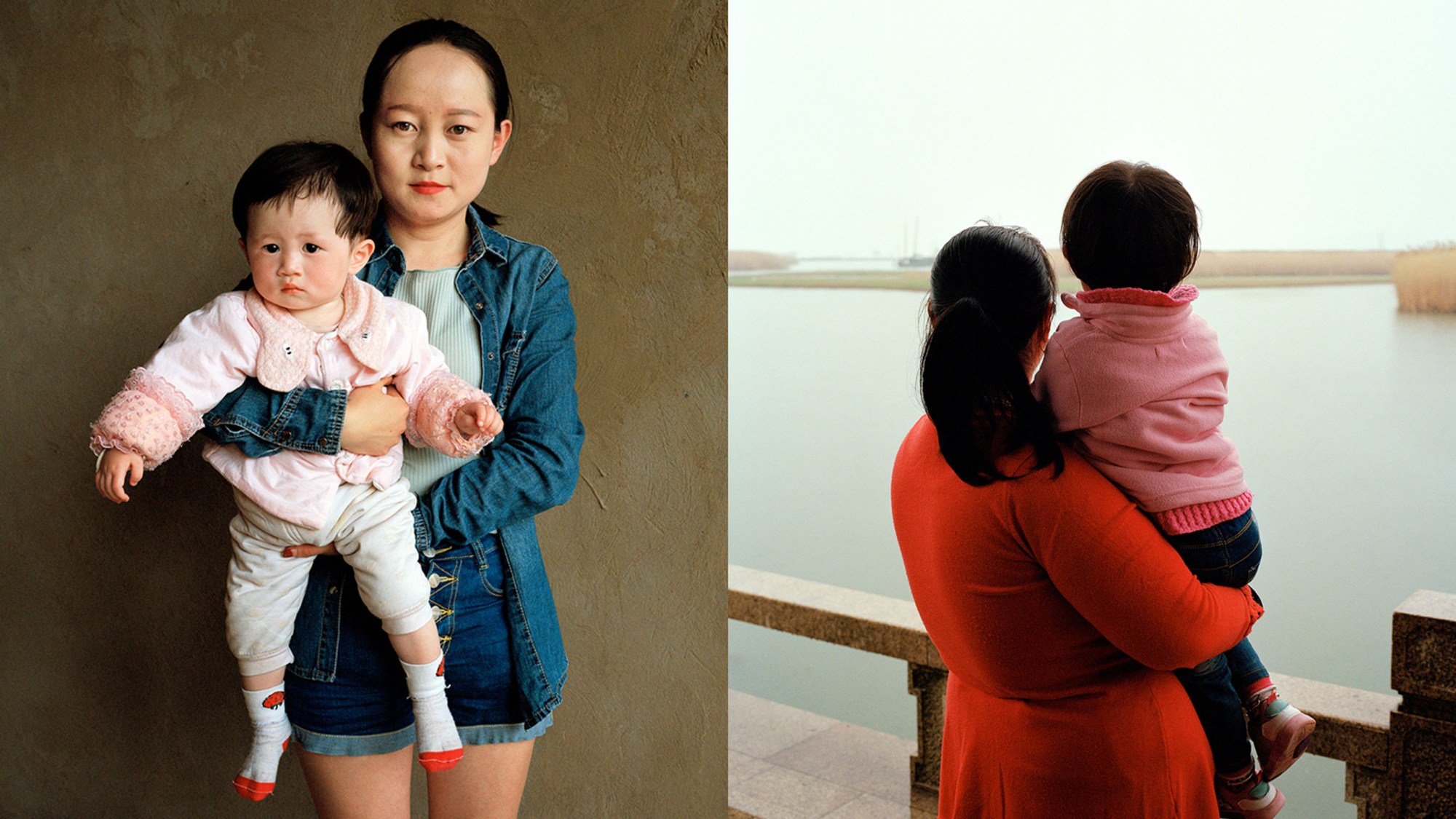For Belgian visual artist Youqine Lefèvre, her adoption was never a secret. Born in Yueyang, a port city in the southern Chinese province of Hunan, on 9 December 1993, she arrived in Belgium in the summer of the following year. “I grew up in a town in the French part of the country,” Youqine says. “As a kid, I was surrounded by white people, so it didn’t take long to realise that I didn’t look like my classmates or my family.” Although she would talk about her Chinese background with her parents, throughout her childhood, her relationship with China only existed on paper. With her new monograph, The Land of Promises – a visual investigation into the birth control policies that led to her adoption – Youqine is giving her country of origin a second chance.
“The one-child policy is a family planning initiative that was rolled out in 1979 by the then Chinese paramount leader Deng Xiaoping,” the photographer explains. “Partially eased in 2015 — after which people were allowed to have up to two children — and scrapped in 2021, the regulation was put in place to tackle the country’s overpopulation issue.” According to Youqine, “the goal was to create the conditions for China to become one the greatest economic powers in the world, and they succeeded”. But what became of the millions of unauthorised children that were forsaken as a result of the sanctions and penalties introduced under one-child restrictions?
“For years, I felt rejected by my birthplace and thought that, to protect myself, I had to do the same,” she says. “I had never thought of wanting to go back to China or learning about its culture and language.” It wasn’t until 2017 that things began to change. Back then, Youqine was completing a photography programme at Vevey’s School of Applied Arts in Switzerland: a course that allowed her to hone her craft and culminated in her debut photo book, Far From Home. “In my practice, family, childhood and memory are like obsessions,” the photographer explains. In her first volume, she portrayed the reality of children living in a foster home up in the Swiss mountains. Despite their stories being “completely different” from hers, working on that project gave her the courage to confront her own past.

Published by The Eriskay Connection, The Land of Promises looks at the aftermath of China’s infamous one-child policy by telling the stories of those who, like Youqine, were affected by it. Featuring an archival and an original section, the volume opens with documents attesting to her birth, abandonment and adoption. A couple of spreads later, readers discover how Youqine’s journey intertwined with the life path of those appearing in the book. “At the end of July 1994, six Belgian families went to China to adopt girls,” the photographer writes in the introduction to The Land of Promises. Without knowing each other, “they completed a fifteen-day trip together across the country,” she continues. “Six girls were adopted at the Yueyang Social Welfare Yard orphanage at the same time. I am one of them.”
Captured by her father and the other Belgian people that travelled to the country to complete the adoption process, the pages that follow are a time capsule of 1990s China. Whether depicting the parents-to-be on their way to Beijing; the countryside surrounding the city of Yueyang; or the first encounter between the Belgian families and their children, the first part of the book narrates how a group of strangers was brought together by their shared experience of adoption. “Ever since 1994, we tried to see each other at least once a year,” Youqine explains. “When I started thinking of The Land of Promises, I went back to them to gather their personal archives of the trip.” To the photographer, including their documentation of such a life-changing experience was “the only way to show how those families were part of the same journey”.
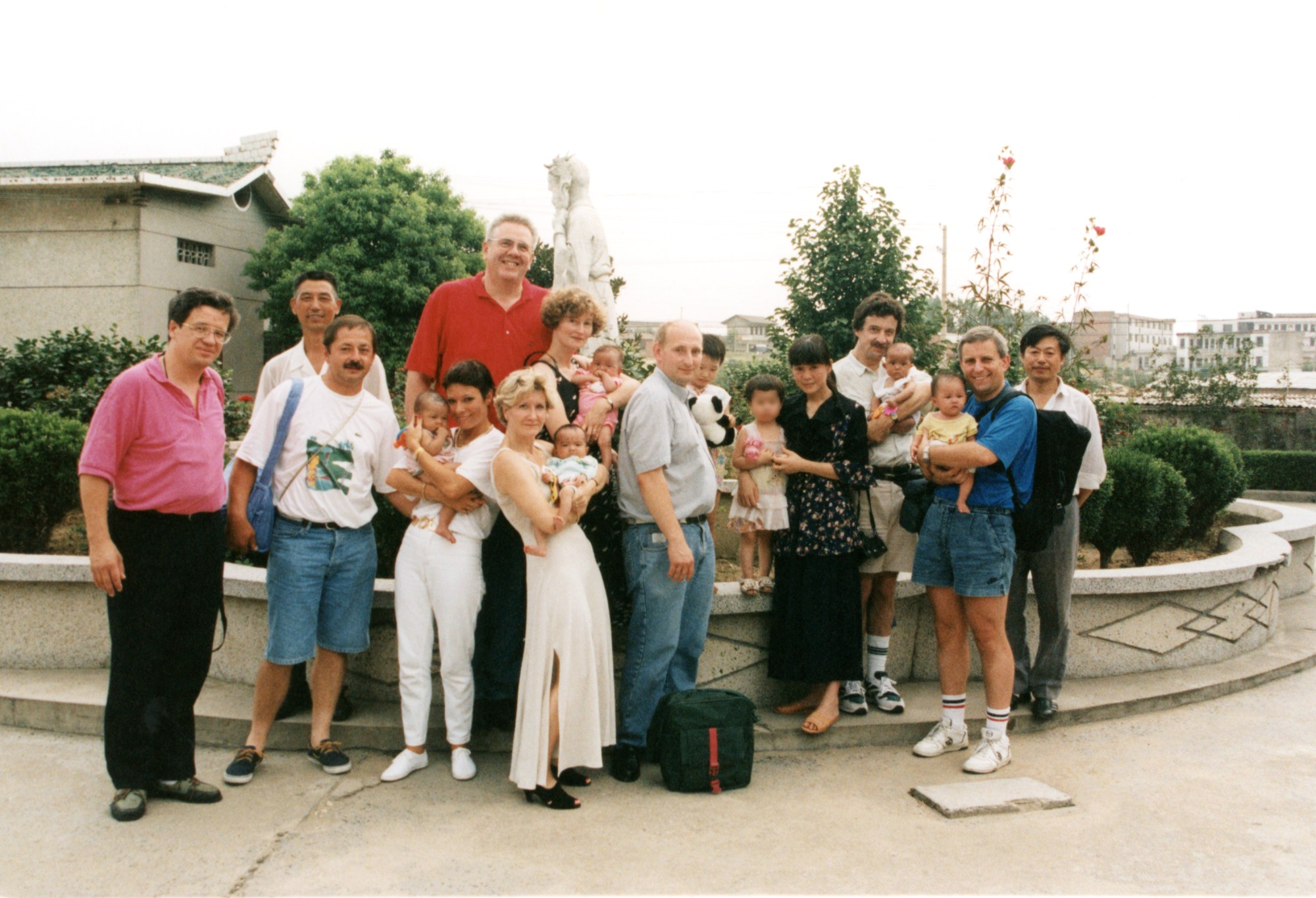
Speaking with people that adopted a Chinese-born girl prompted Youqine to research the one-child policy in more detail. “I wanted to know why Chinese parents had a preference for sons,” she says, stressing that most infants abandoned or placed for adoption at the height of the birth control era were female. On the opposite side of the spectrum, the Western families that sought to adopt in China were especially keen to welcome girls into their households, thus contributing to the country’s distorted sex ratio. “For many Chinese people, ‘eighteen daughters beautiful as goddesses are not as good as one crippled son,’” Youqine says, quoting the words of a Chinese proverb. The preference for sons has its roots in the country’s patriarchal system and Confucianism, which see men as superior to women. “The Land of Promises denounces China’s deeply ingrained history of gender discrimination in relation to whole generations of Chinese women,” she says.
Weaving together photographs and written testimonials, the second section of the book is a manifold portrait of China today. Developed by Youqine on two separate trips between 2017 and 2019, this exploration of Chinese life saw her fly back to her native country for the first time since her adoption. On her first visit to China in 2017, the photographer turned her lens onto Hunan, her birth province, and the orphanage where she lived for seven months. Accompanied by her father, she began to approach locals to explore the repercussions that the one-child policy had on their lives. “Talking to people made me realise that the implementation of the birth control programme was stricter than I thought,” she says. “Citizens living in the countryside were just as monitored as those in the cities: for every ‘out-of-plan’ birth, families were subject to measures aimed at disrupting their socioeconomic stability.”
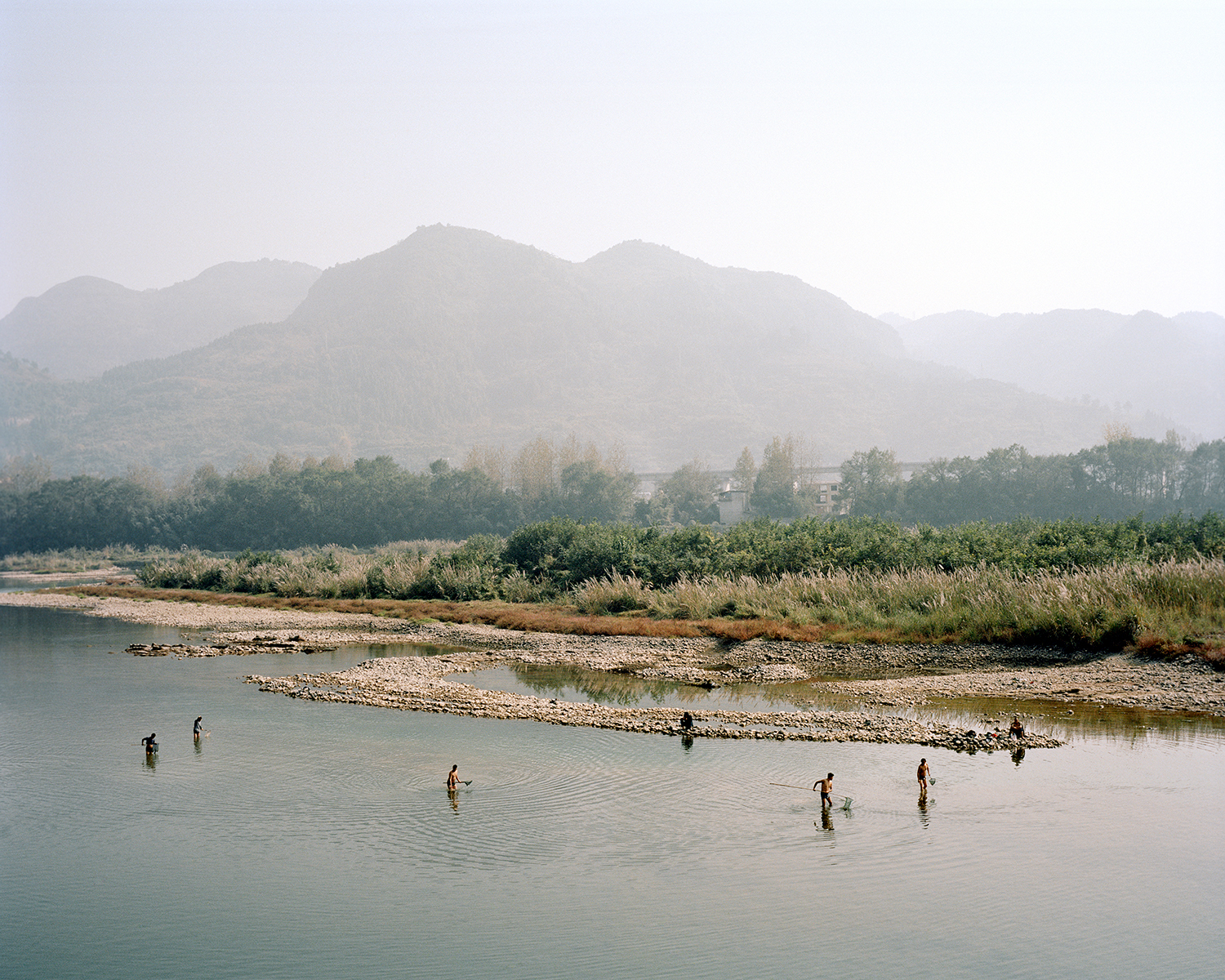
Two years later, she returned to China on her own to “capture the bigger picture”. This time visiting Beijing, Suzhou and Nanjing as well as the Yunnan province over a period of two months, Youqine connected with a multigenerational Chinese community to bring justice to the complexity of their stories. Backed up by British-Chinese journalist, speaker and women’s rights advocate Xinran, the visual artist was welcomed into the domestic spaces of a variety of Chinese people. “I contacted Xinran before leaving for China in 2019,” Youqine says. “As the founder of The Mother’s Bridge of Love — an organisation born to promote understanding between China and the West with a focus on Chinese-born adoptees living across the world — she put me in touch with her network of volunteers, who later introduced me to many of the faces featured in the book.”
The photographer also spoke with ethnic minorities to raise awareness of how their experience of the one-child policy differed from that of most Chinese people. “Those belonging to an ethnic minority were allowed to have up to two children without incurring any penalties,” Youqine says. “Still, within those groups, having a large family is part of the tradition, which is why minorities were even more prone to governmental sanctions.” Every page of the monograph thus offers a kaleidoscope of perspectives on themes like gender, birth control, upbringing, marriage, family, love, illness, and religion. Juxtaposed with Youqine’s documentary-style rendition of China’s rural villages and an extensive series of portraits beautifully lensed by the artist, the stories contained within this book speak of the impossibility to reduce the one-child policy to a set of regulations.
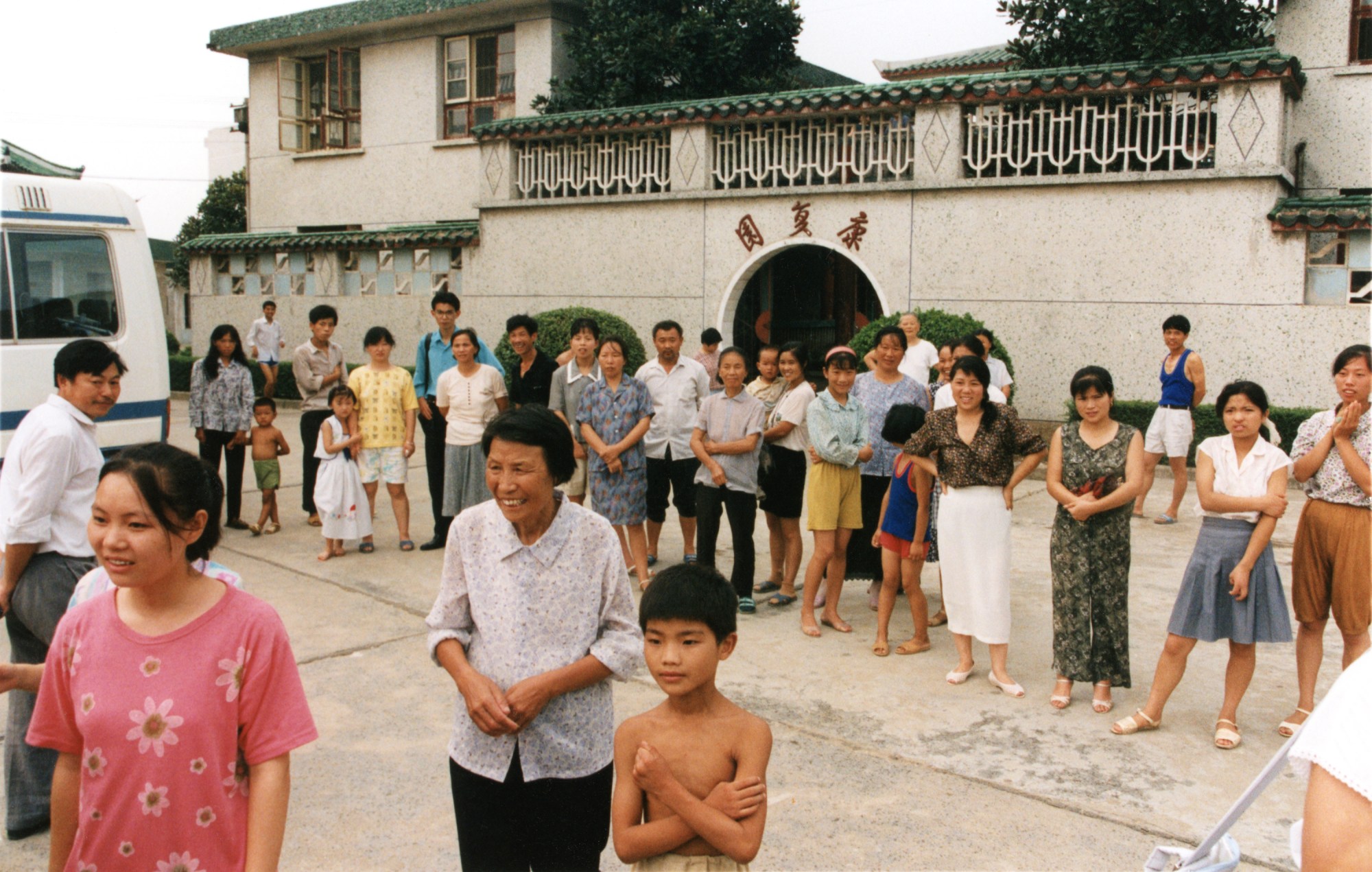
“My goal was to produce a nuanced body of work that reflected the many facets of China’s birth control programme – whether economics, class, or culture-related,” Youqine says. “I tried to deconstruct the preconceptions that inform people’s understanding of the one-child policy, while simultaneously giving back to the community with whom I interacted on my trips to China.” Speaking of the impact that this project has had on her, she explains that the book allowed her to insert some distance between her adoption journey and the reality of it. “Knowing that I would go back to China for the first time in over 20 years to work on The Land of Promises gave me the confidence necessary to face that experience,” she says. “I hope everyone will make sense of the volume in their own poetic way. If it succeeds in inspiring anyone… if it awakes something in them, be it questions or sudden realisations, then waiting 23 years to reconnect with my origins was worth it.”
‘The Land of Promises’ by Youqine Lefèvre is published by The Eriksay Connection and is available here.
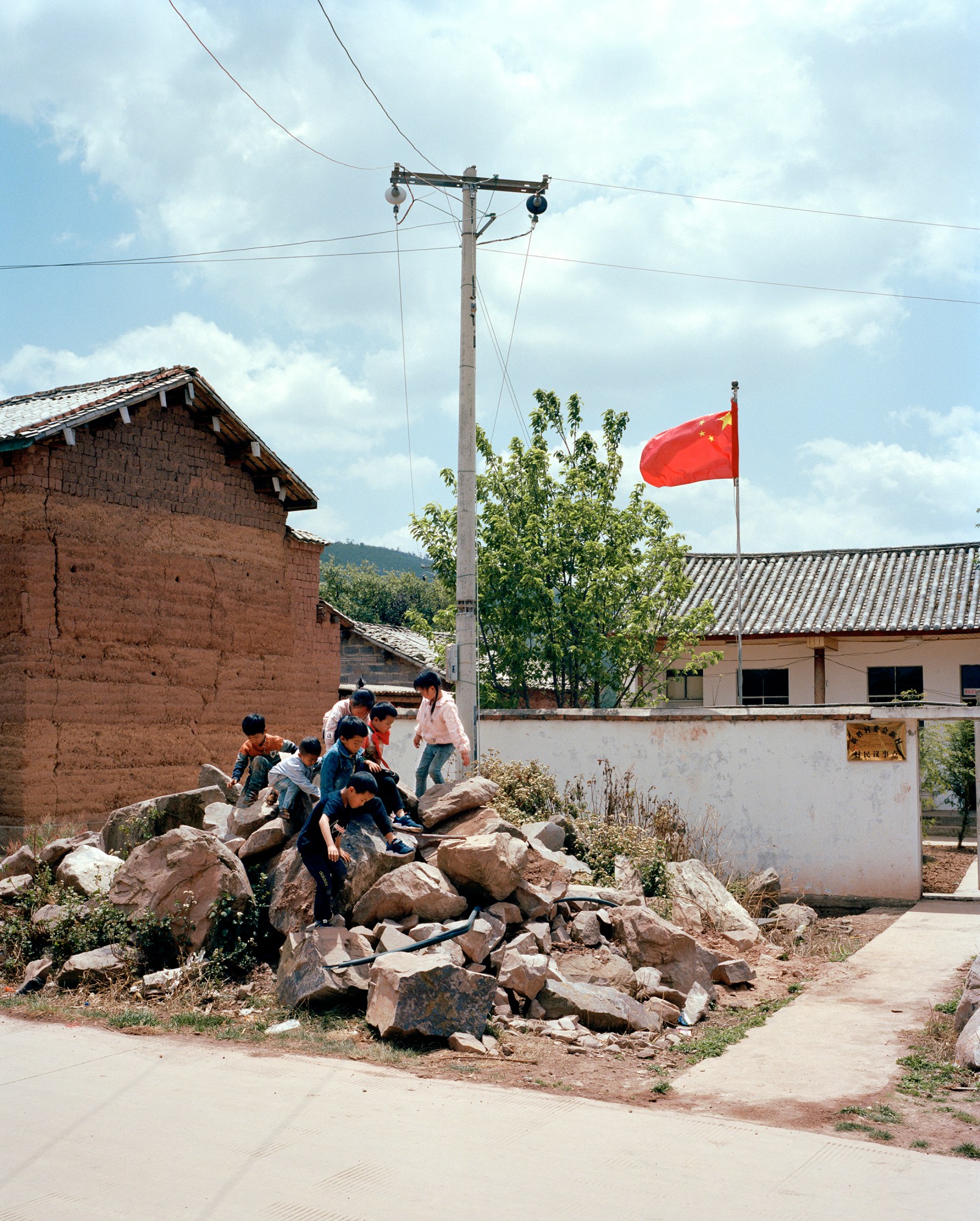
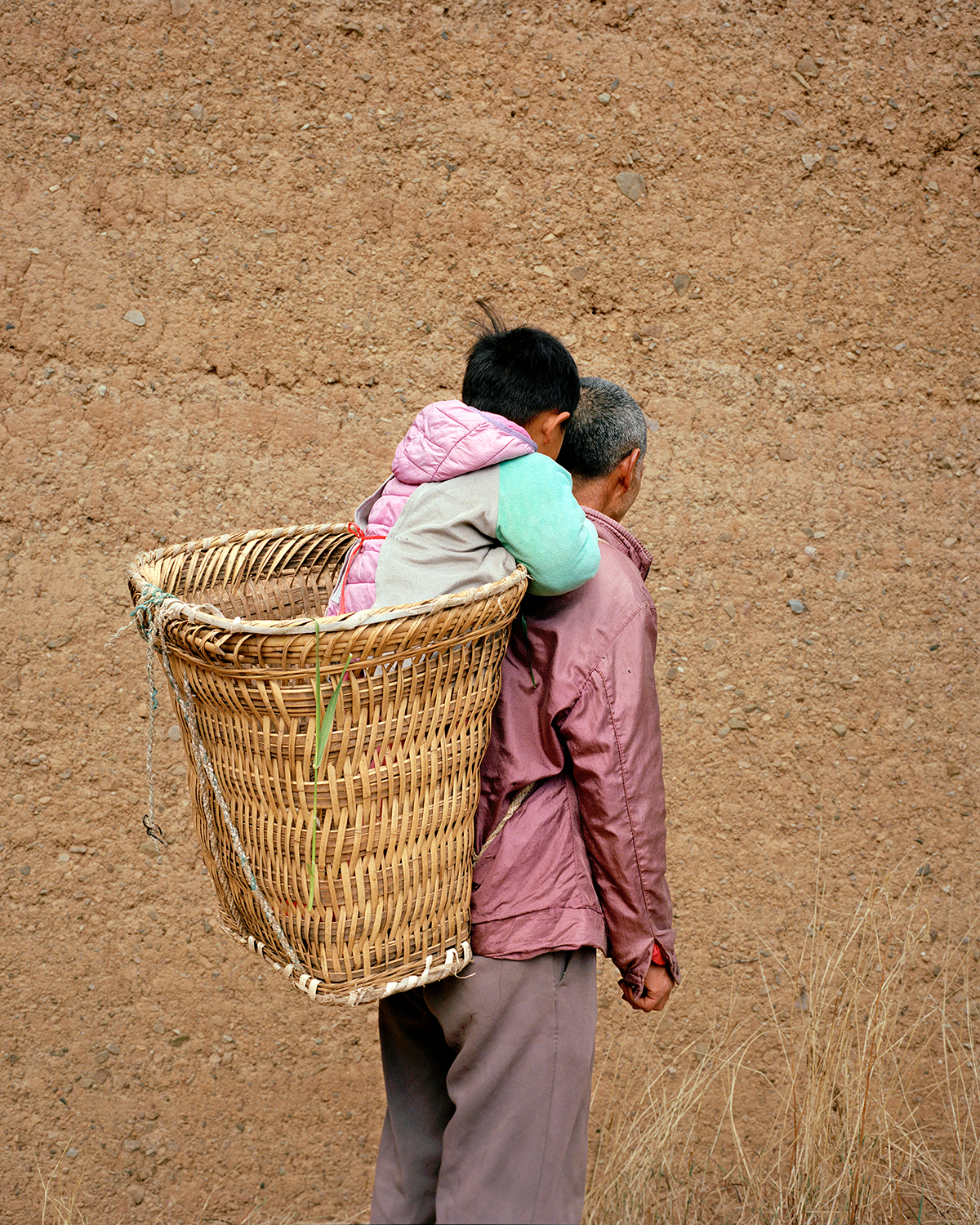
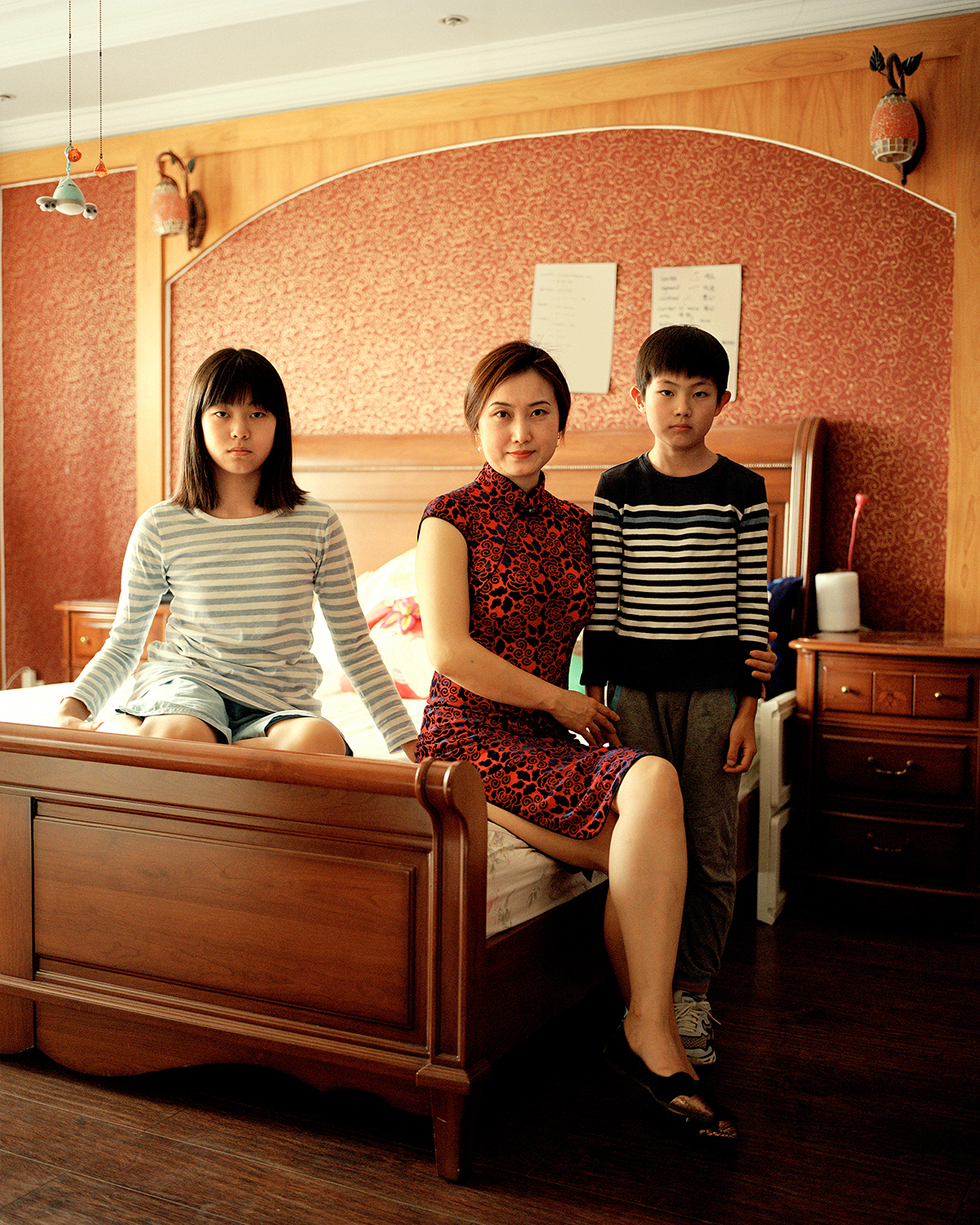

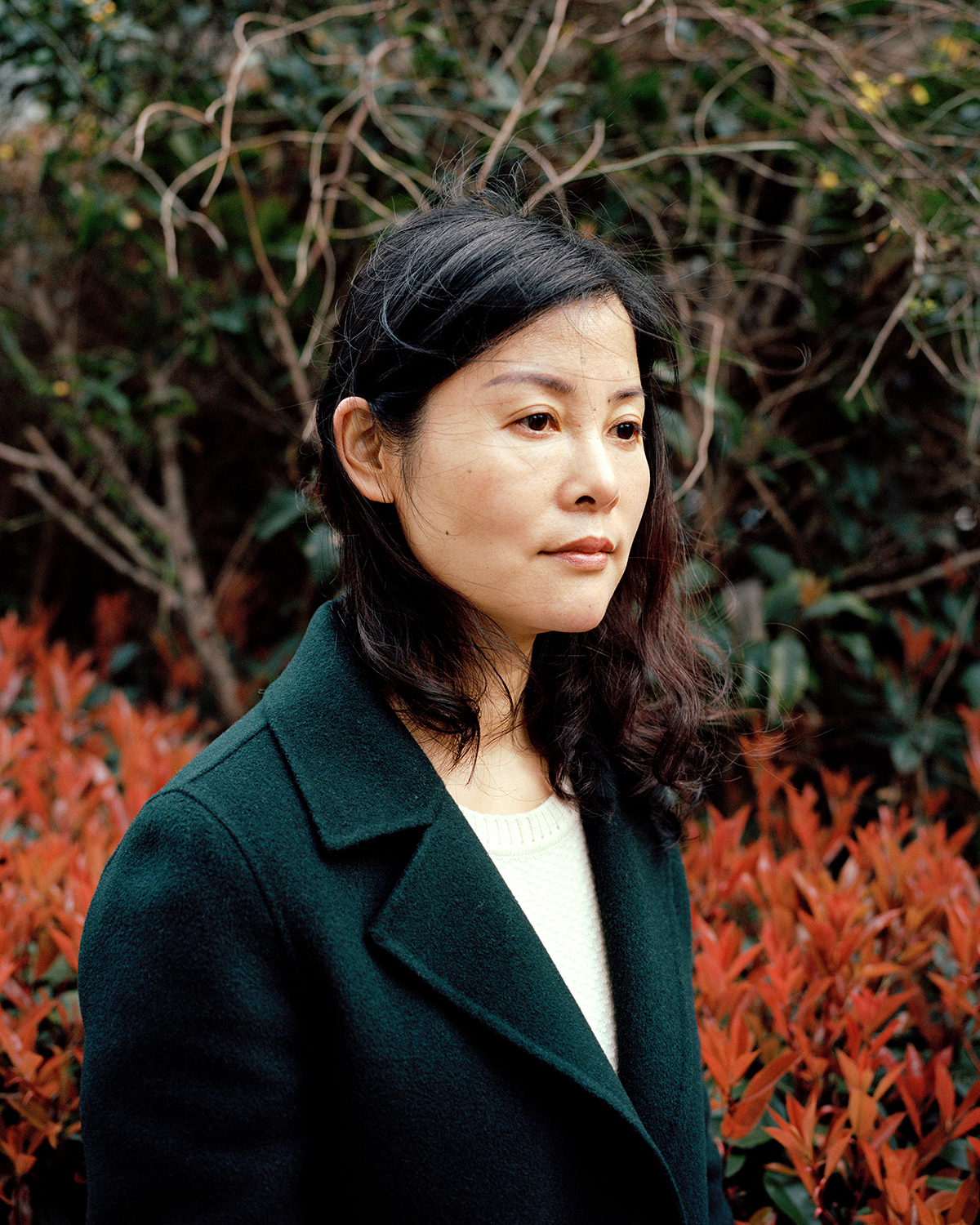
Credits
All images courtesy of Youqine Lefèvre
